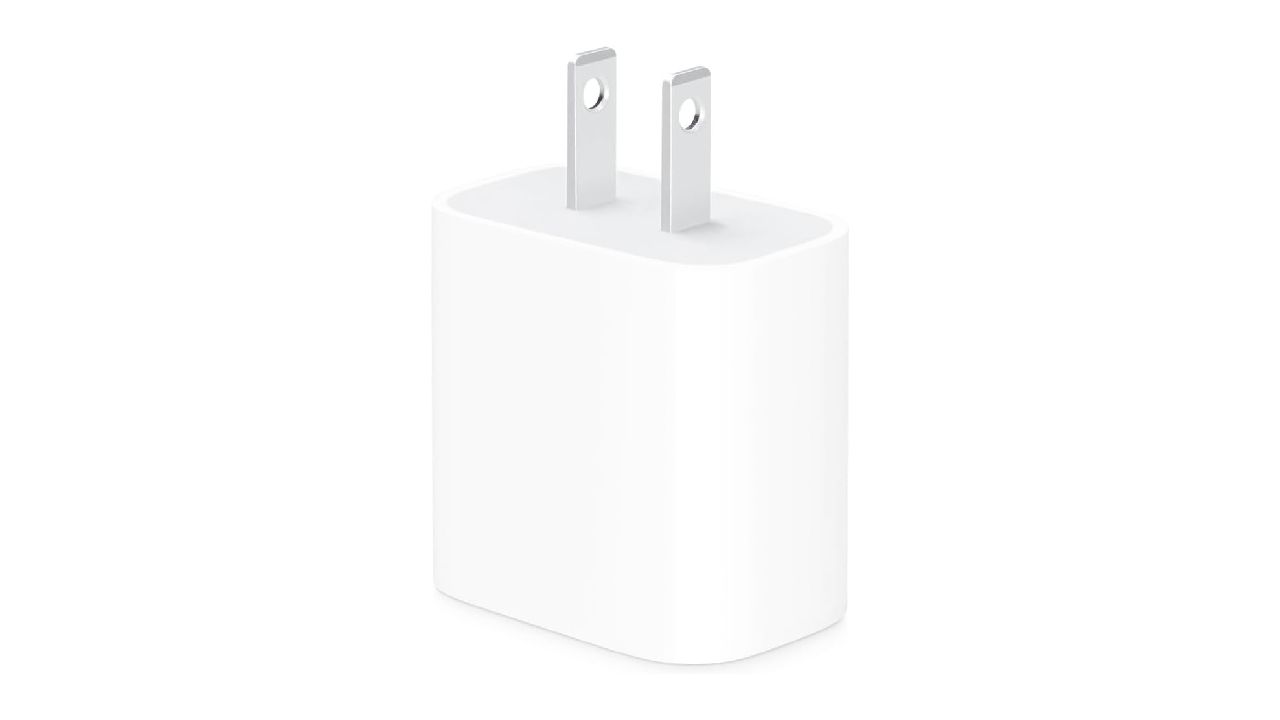Free tips to prepare and do well in interview
This is my 3rd blog on doing well in the interview. If you want to do well in interview make sure you practice Public Speaking when you are in home or office.
The number one fear of most people is public speaking. Yet there are few skills that have a greater impact on your success in interview, landing a job, gaining a promotion, or winning against the competition. Great public speaking is really the sum of its parts. Free tips will help you leverage your strengths and start to make improvements in areas where your delivery needs help.
1 Prepare to succeed
The single most important thing you can do to make your next presentation successful is to be prepared. That means make time for some serious practice. Experts suggest you spend 60% of your time to prepare your content and slides and 40% of your time to practice.
2 Say it correctly
Part of good preparation is double-checking the pronunciation of any tricky words—especially jargons. Your correct pronunciation and knowledge of industry terms lends credibility to your presentation.
3 Overcome your anxiety
Almost every single presenter experiences some anxiety before speaking. Know that audiences seldom detect it. Audiences want speakers to succeed. They want to be enlightened on your subject of expertise and want you to lead them through the material. Use breathing and relaxation techniques before you present to calm your nerves. Instead of focusing on yourself, focus on your audience. Believe it or not the audience didn’t come to see you. They came to see what you can do for them. Put your energy into giving them the best presentation you can. Begin slowly and use short sentences. As you acclimate to the situation you’ll begin to feel more confident.
4 Make first impressions count
Before you even begin to present, your audience will base their first impressions on your appearance. Make it count. Dress appropriate to the event. Be neat, clean, professional, and comfortable enough to act naturally.
5 Stand for attention
Stand up straight, with your legs shoulder width apart and your weight evenly distributed. Good posture reflects confidence and engagement with your presentation and your audience.
Gestures add interest and emphasis to your presentation. If you’re nervous, feel awkward or stilted; start slowly and add movements or gestures as you begin to relax. Practice gestures as part of your presentation preparation and they’ll come easier when you present.
7 Make your eye contact
A great way to help calm your nerves is to make eye contact with one person in the audience. Speak only to them. When you’ve looked at them long enough to feel you’ve made a connection, move on to another person, and then another. One of the best ways to keep your audience engaged in your presentation is to maintain good eye contact.
8 Show your feelings
You may normally be reserved, but for your presentation, open with a smile. Show your audience you’re happy to share your information with them. Facial expressions add power to your words. Just be sure your expressions are appropriate to your subject matter.
9 Make yourself heard
There are several aspects of verbal delivery to consider. Volume is probably the most important. Make sure you speak loudly enough so that everyone can hear you. If you’re not sure, ask. Also, consider your rate of delivery. When presenters are nervous they often speak faster. Try to speak slowly and clearly, so your audience can understand every word. Finally, consider the pitch of your voice. Too much variation is distracting. Too little is monotonous. Aim for consistency with some variation when it’s appropriate to the content.
10 Silence your distracters
Filler words and phrases like, “um,” “ah,”, “you know,” etc. quickly become distracting to those you want to engage. Break the habit of using filler words as quickly as possible. Instead, fill the space with silence—even if it means speaking in fragments. As you relax and improve, shorten the moments of silence—eventually you can eliminate them entirely.
11. Build Confidence
Practice is one of the most important things you can do to counteract presentation anxiety. The amount of practice needed varies from person to person. Practice your presentation until you’ve mastered it. Learn it well enough to give it without your slides, if you had to.
